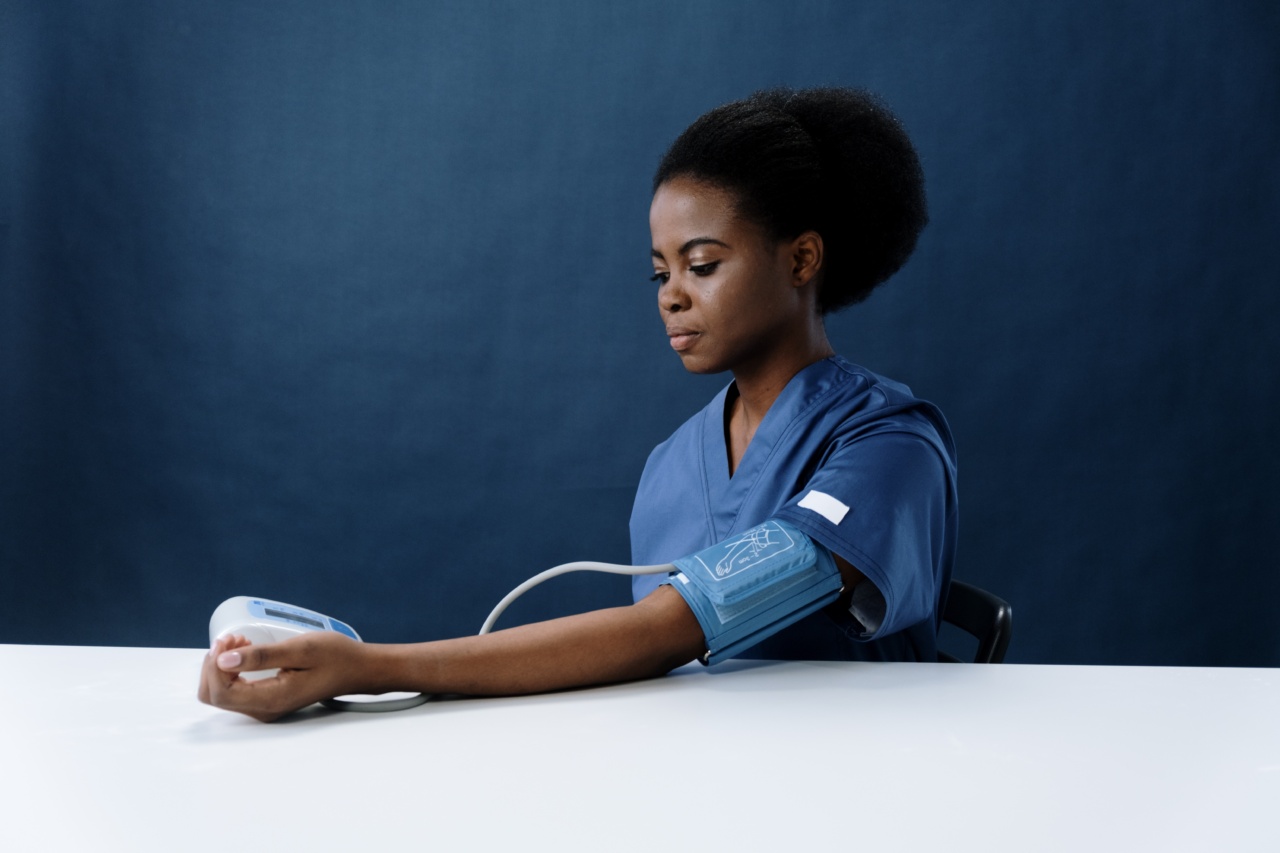High blood pressure, or hypertension, is a common health problem that affects millions of people around the world. If left untreated, it can lead to serious health complications such as heart disease, stroke, and kidney failure.
The good news is that there are many proven methods for reducing blood pressure. Here are 10 effective ways to lower blood pressure:.
1. Maintain a Healthy Weight
Being overweight or obese increases the risk of developing high blood pressure. Losing weight can help reduce blood pressure and improve overall health.
A healthy weight can be maintained by eating a balanced diet, avoiding processed foods, and getting regular exercise.
2. Exercise Regularly
Regular physical activity can help lower blood pressure. It can also improve overall cardiovascular health and reduce the risk of heart disease. Aim for at least 30 minutes of exercise per day, such as brisk walking, swimming, or cycling.
3. Reduce Sodium Intake
Sodium, or salt, can raise blood pressure. To reduce sodium intake, avoid processed foods, limit added salt in cooking, and read food labels carefully. The American Heart Association recommends limiting sodium intake to 1,500 milligrams per day.
4. Eat a Nutritious Diet
A balanced and nutritious diet can help lower blood pressure. Include plenty of fruits, vegetables, whole grains, lean proteins, and healthy fats in your diet. Avoid foods that are high in saturated and trans fats, cholesterol, and added sugars.
5. Limit Alcohol Consumption
Drinking too much alcohol can raise blood pressure. The American Heart Association recommends limiting alcohol intake to no more than 1-2 drinks per day for men and 1 drink per day for women.
6. Quit Smoking
Smoking can raise blood pressure and increase the risk of heart disease. Quitting smoking is one of the best things you can do for your health. Talk to your doctor about smoking cessation methods and support groups that can help you quit.
7. Manage Stress
Stress can temporarily raise blood pressure. Learning stress reduction techniques such as deep breathing, meditation, or yoga can help lower blood pressure over the long term. Regular exercise and getting enough sleep can also help manage stress.
8. Get Enough Sleep
Lack of sleep can raise blood pressure. Aim for at least 7-8 hours of sleep per night. Stick to a regular sleep schedule and avoid caffeine and alcohol before bed.
9. Take Medication as Directed
If your doctor has prescribed medication to lower your blood pressure, take it as directed. Don’t stop taking medication without talking to your doctor first. If you experience side effects, talk to your doctor about other treatment options.
10. Monitor Blood Pressure Regularly
Regular monitoring of blood pressure can help detect high blood pressure early and prevent complications.
Monitoring is especially important if you have a family history of high blood pressure, are overweight, or have other risk factors for heart disease.





























